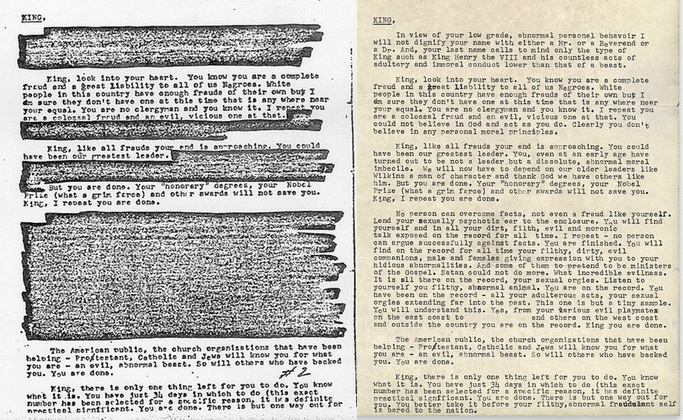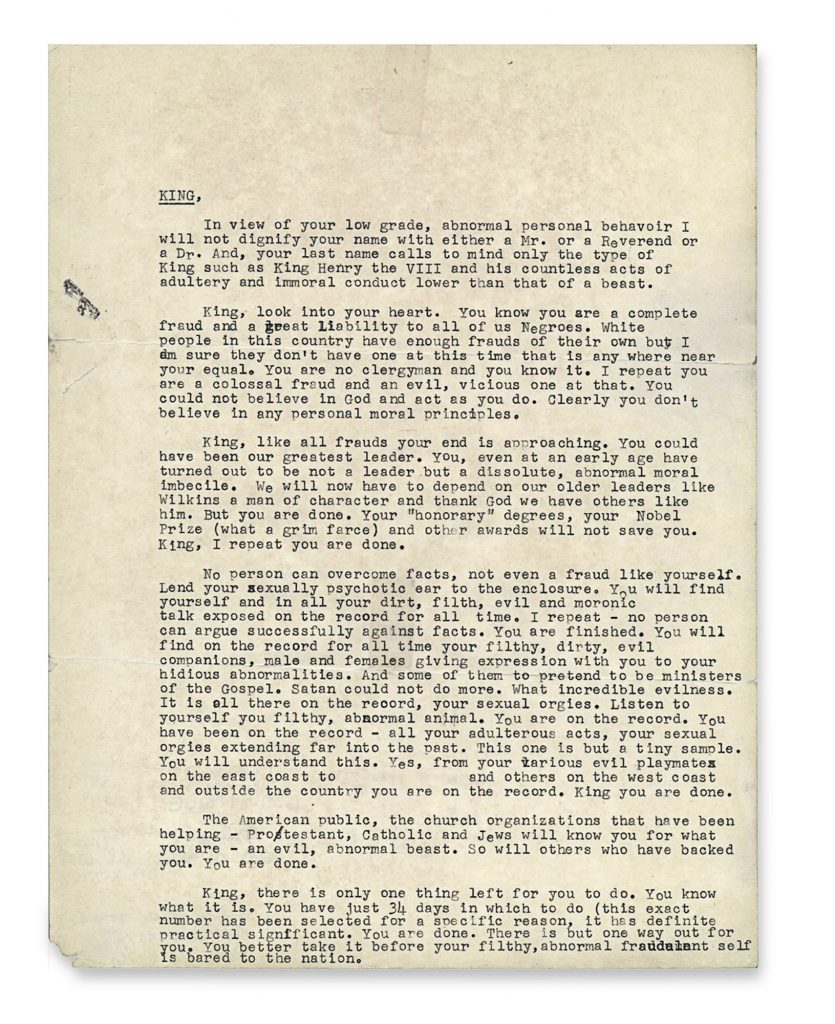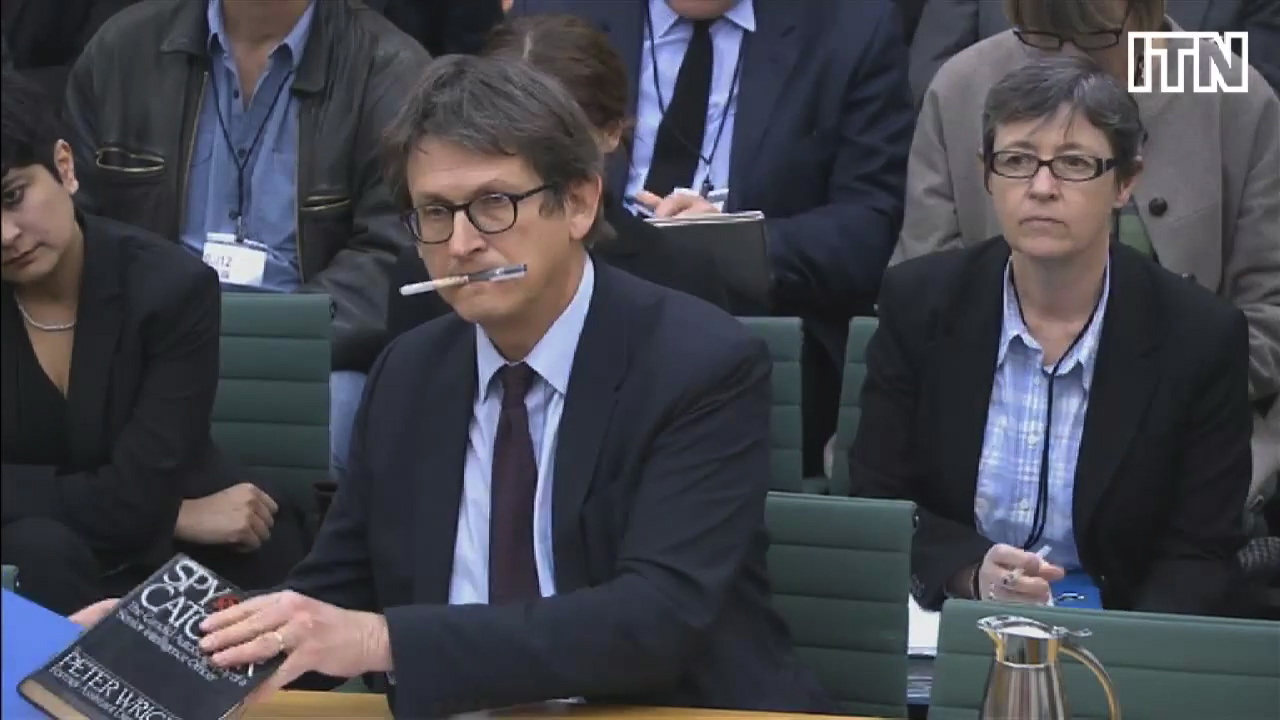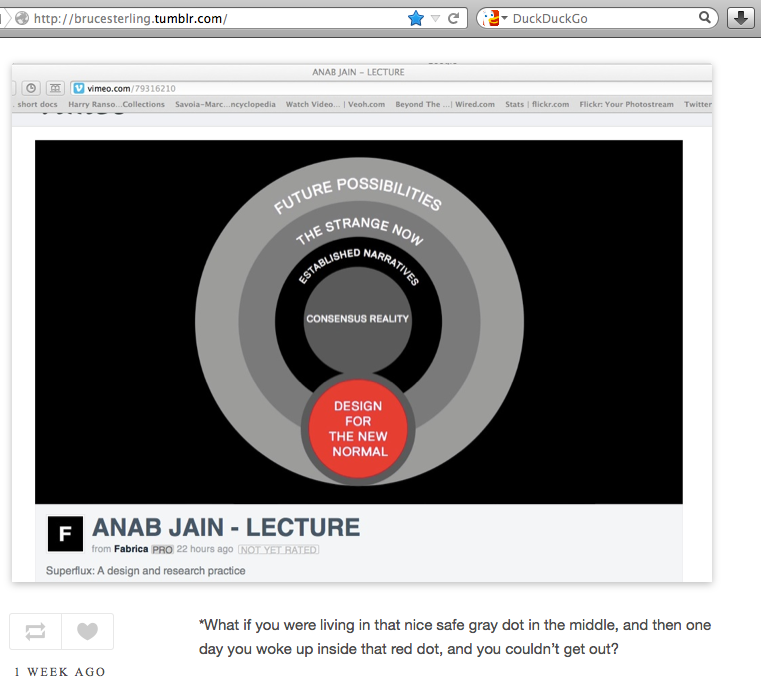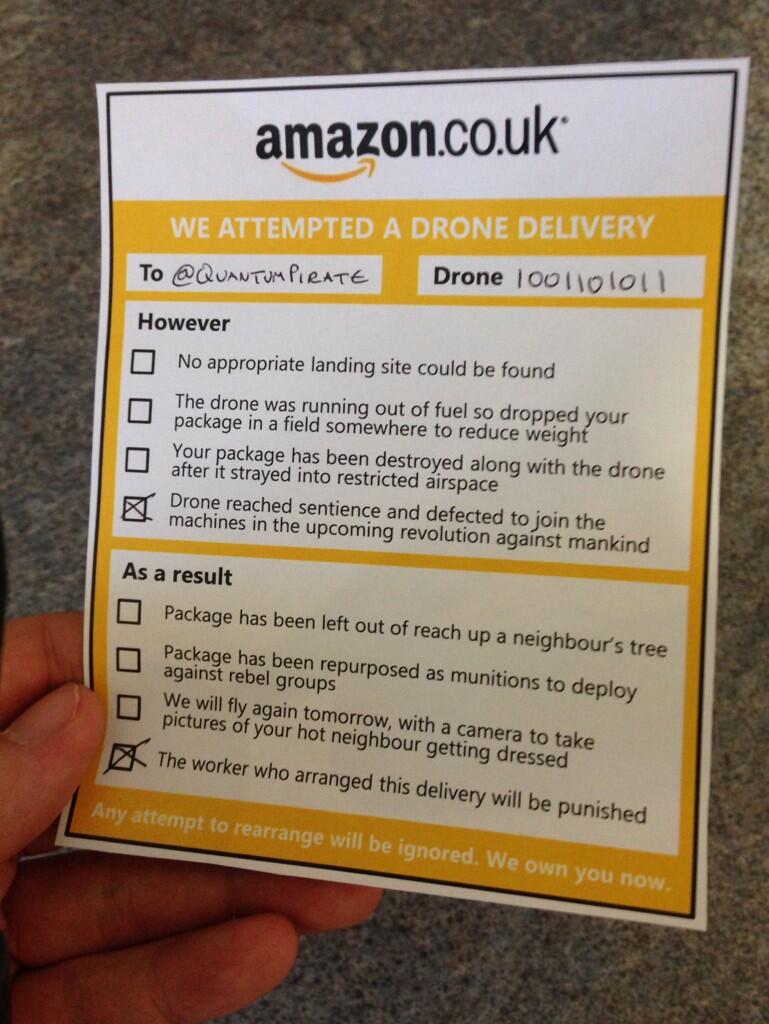
“Future Imperfect”
9 November 2013
Tate Modern (Starr Auditorium)
www.ibraaz.org
Download the art-agenda iPad App Share
Timetable and speakers for Future Imperfect: Cultural Propositions and Global Perspectives.
“The idea of the future, pregnant with an infinity of possibilities, is more fruitful than the future itself, and this is why we find more charm in hope than in possession, in dreams than in reality.”
–Henri Bergson
What can speculations on the future tell us about the priorities of the present and the demands of past?
Future Imperfect brings together an international line-up of artists, writers and cultural practitioners to consider ways in which artistic practices can help inform and shape collective futures. Through performances, interviews, panel discussions, and a screening programme, contributors will highlight how present histories and institutions are being shaped through propositional speculations on the future.
This symposium is organized by Ibraaz, and supported by the Kamel Lazaar Foundation in partnership with Tate Modern.
For tickets and further details, please visit this website.
Schedule
10.30–12.30h: Propositional Futures
Living in the shadow of an apparently unending ‘war on terror,’ the far from resolved global financial crisis, ongoing uprisings across North Africa and the Middle East, and ubiquitous systems of connectivity and surveillance, it would seem that the future—constricted by the all too immediate challenges of the present—is not what it used to be. This panel will explore what is at stake in articulating propositions on the future and question why the future is not what it used to be.
13.30–15.15h: 1967/1968: What Was Lost?
The events of 1967 still resonate across the Middle East and beyond. In June of that year, the so-called Six Day War, or an-Naksah (The Setback), heralded an end to a number of things: the nationalist ideal of Pan-Arabism, the political will towards more open societies, economic growth, and the nascent cultural dispositions that marked the 1960s. One year later, in 1968, a revolutionary politics emerged in struggles against dictatorships, state repression, and colonization, across the United States, France, Mexico, Brazil, Northern Ireland, Czechoslovakia, Yugoslavia, Spain, and Germany. This panel will revolve around a singular question: what was lost in the idealism associated with the period of Pan-Arabism and the radical politics of 1968? And what do those losses tell us about the apparent social, political and cultural impasse that marks the present and the future?
15.30–17.30h: Structural Futures: Where to Now?
The future, as Louis Althusser once observed, tends to last a long time. The possibilities associated with it often remain unrealized and this can be, under the compromised conditions of modernity, a conceptual necessity: the future must always remain in the future. However, for possibility to become potential and be realized over time, both within cultural practices and institutional contexts, infrastructure needs to be in place. This panel will discuss what a future arts infrastructure might look like across the Maghreb region, to begin with, and how the role of artists and institutions could change in a global context.
